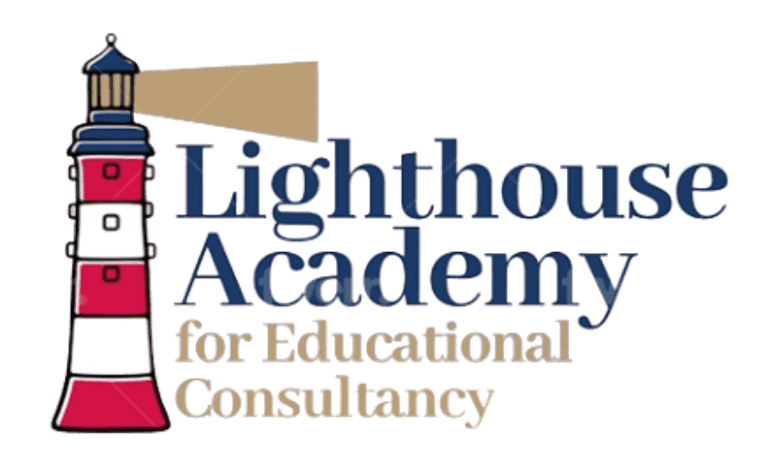Qualifications
Common Core
English
IB


Navigating pathways to qualifications through Common Core, English curriculum, and IB education.
How do I gain qualifications?
Homeschooling provides flexibility and allows parents to tailor education to their child's needs while following the chosen curriculum. For the IB, English, and Common Core curriculums, homeschoolers can utilize resources like online courses, private tutors, and collaboration with authorized schools or examination centers to ensure they meet the necessary requirements and successfully complete their exams. By understanding the pathways and requirements, homeschooling families can effectively navigate and succeed within these educational frameworks.


Common Core Curriculum (United States)
Provide a general summary of the services you provide, highlighting key features and benefits for potential clients.
Middle School
Overview: The Common Core curriculum includes standardized tests in subjects like Math and English Language Arts (ELA) for students in grades 3-8.
Homeschooling Pathway: Homeschooled students can follow the Common Core standards using a variety of resources, including textbooks, online programs, and educational websites. Standardized testing requirements vary by state, so parents should check local regulations to determine if their child needs to participate in state assessments and find out how to register for them.


High School
Overview: High school assessments in the US can include state-specific standardized tests, as well as national exams like the SAT, ACT, and AP exams.
Homeschooling Pathway:
- State Assessments: Homeschooled students may need to take state-specific assessments to meet graduation requirements. Parents should consult their state’s education department for registration details.
- SAT/ACT: These college entrance exams can be taken by homeschooled students at authorized testing centers. Registration is done through the College Board (SAT) or ACT organization.
- AP Exams: Homeschooled students can take AP courses independently or through online providers. They must register for the exams through the College Board and take them at approved testing centers or schools that accept outside candidates.


English Curriculum (England and Wales)




Sixth Form (A Levels - Advanced Level)
Overview: A Levels are taken at the end of Year 13 (typically age 18), focusing on in-depth study of selected subjects.
Homeschooling Pathway: Homeschooled students can study A Levels through self-study, online courses, or private tutors. They need to register as private candidates at authorized examination centers to take the exams. Many online education providers offer full A Level courses with support materials and assessments.
Secondary School (GCSE - General Certificate of Secondary Education)
Overview: GCSEs are taken at the end of Year 11 (typically age 16), covering a broad range of subjects.
Homeschooling Pathway: Homeschooled students can prepare for GCSEs independently or with the help of tutors and online courses. They must register as private candidates at examination centers or local schools that accept private candidates to sit for the exams.
International Baccalaureate (IB) Curriculum
Overview: The MYP (Middle Years Programme) is designed for students aged 11-16. It focuses on developing students' intellectual, personal, emotional, and social skills.
Homeschooling Pathway: While the MYP itself does not have formal external exams, students complete various assessments, including the MYP Personal Project. Homeschooling families can follow the MYP framework through authorized IB World Schools that offer support for homeschoolers. Parents can collaborate with these schools for guidance on the curriculum and assessment standards.


Middle School (MYP - Middle Years Programme)
High School (DP - Diploma Programme)
Overview: The DP (Diploma Programme) is for students aged 16-19, offering a rigorous curriculum that culminates in final exams.
Homeschooling Pathway: Homeschooled students can enroll in the DP through authorized IB World Schools. These schools provide access to DP courses, teachers, and resources. Students must register with an IB school to take the exams and fulfill the core requirements: Extended Essay (EE), Theory of Knowledge (TOK), and Creativity, Activity, Service (CAS).
